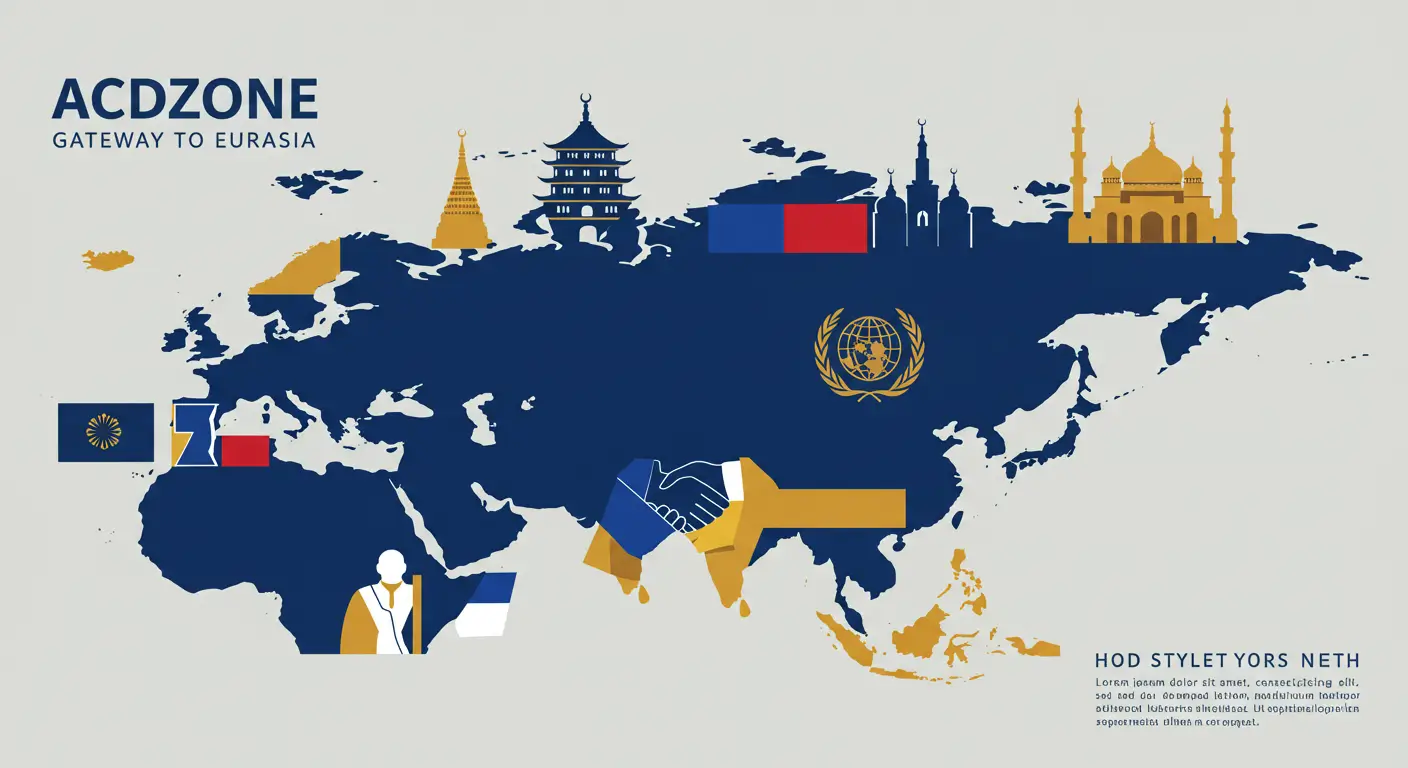A Strategic Crossroads in Central Asia: Linking East, West, and the Future
Set amidst deserts, rivers, and ancient cities, Uzbekistan lies at the core of Central Asia’s geopolitical and cultural map. Once a lifeline of the Silk Road, today it is a country of renewed ambition, reclaiming its place through strategic geography and transregional diplomacy. Its terrain, borders, and connections form the foundation of both its past and its aspirations for a connected future.
📍 Central Location
Uzbekistan is landlocked and borders Kazakhstan, Kyrgyzstan, Tajikistan, Turkmenistan, and Afghanistan. It’s one of the few double-landlocked countries in the world. Its location has historically made it a convergence point for civilizations and today, a critical node in regional integration.
🛤️ Legacy of the Silk Road
Cities like Samarkand, Bukhara, and Khiva were vital hubs on the ancient Silk Road. Today, Uzbekistan is reviving this heritage by participating in infrastructure corridors like China’s Belt and Road Initiative and interregional transport projects.
🚉 Transit and Connectivity
Uzbekistan aims to become a regional logistics hub through rail and road links to China, Russia, and the Persian Gulf. Projects like the Uzbekistan–Kyrgyzstan–China railway and North-South transit corridors are central to this goal.
🏜️ Diverse Climate and Environmental Issues
The country is largely arid, with deserts like Kyzylkum and key rivers like the Amu Darya and Syr Darya. The Aral Sea crisis remains a major environmental challenge, with desertification and water scarcity affecting agriculture and health.
🌐 Regional Diplomacy and Strategy
Uzbekistan practices balanced, multi-vector foreign policy. Its involvement in the SCO, Turkic Council, and dialogue on Afghan peace and security demonstrates its active role in regional politics and stability.
🧭 Cultural Axis of Central Asia
Uzbekistan is not just geographically central but also a cultural heartland. With its Timurid heritage, Islamic scholarship, and Persian-Turkic legacy, it stands as a beacon of historical influence and soft power in the region.
Conclusion
Uzbekistan’s geography is its destiny—and its opportunity. As Central Asia redefines its place in global affairs, Uzbekistan is using its location, legacy, and leadership to build a future of interconnection and influence.





No comment